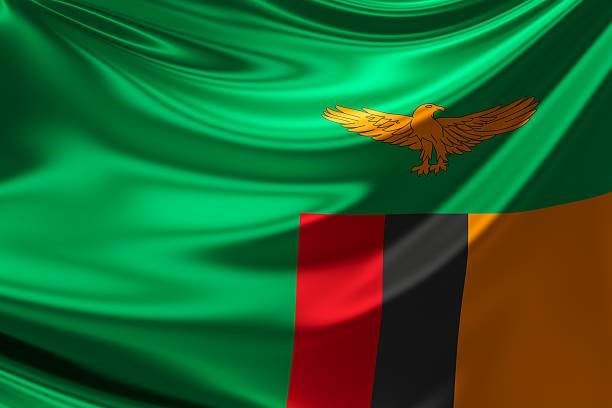- We wish to clarify that neither the Government of Zambia, KfW nor the selected bidders consider the solar PV tender as failed.
- The implementation of awarded projects is currently delayed.
- The GET FiT Zambia Secretariat is in close contact with selected bidders and continues to support and monitor the implementation progress of projects.
In a response to an opinion article published by Green Building Africa’s editor, Bryan Groenendaal, alleging that the solar tender is a failure, the GET FiT Zambia Secretariat explains that Zambia’s macroeconomic situation and the energy sector are facing challenges – which have worsened since the launch of the Request for Proposal in August 2018, making it challenging for projects to achieve financial close.
Link to opinion article by Bryan Groenendaal HERE
The Secretariat further responds that the current situation has been further exacerbated in 2020 through the COVID -19 Pandemic and its effects on the global economy, including Zambia. “Potential financiers have re-focused their investment priorities in effort to support countries with their fight against COVID-19. This as well as allowing time for the Government of Zambia to implement initiatives aimed at addressing challenges in the energy sector, has also contributed to delays.”
“We also wish to inform that delays in Renewable Energy procurement programs are not uncommon on the continent. This even is true for tender programs in more mature economic and regulatory environments as the two year delay in implementation of projects under REIPPP round 4 evidences. Overall, the GET FiT Zambia Secretariat and selected bidders remains optimistic that tangible progress will materialize in 2021/2022.”
The GET FiT tender set record low tariffs for medium size (20MW) utility projects and we do not believe the projects are unbankable as alleged. “The reason for the delay in project development is not related to the tariff or bankability concerns thereof. We can confirm that no selected bidder has requested a tariff increase nor was this discussed at any point in time. As experts familiar with IPP financing will understand, a higher tariff would also not rectify the current challenges for non-recourse financed projects in Zambia achieving financial close.”
The GET FiT Zambia Secretariat continues to work closely together with the Government and sector bodies in Zambia. This is documented in our annual report, and publications on our website. Link to latest report HERE
Employment of foreigners
“We would like to point out that the programme builds on the legacy and lessons learnt of the first roll-out of the programme in Uganda. GET FiT Uganda managed to fast-track a portfolio of seventeen IPPs, leveraging over USD 450 million in private investments and creating more than 8,000 jobs (FTE) local jobs, thereby boosting the local economy. This could not have been achieved without a strong anchoring of the programme within the energy sector and with its key stakeholders as well as – in particular for the small hydropower portfolio – support through local communities.”
“We would further like to emphasize that tender programs of the scale and type of GET FiT, IFC’s Scaling Solar or the REIPPP need to comply with international standards and best practices in order to attract both sponsor and investor confidence and financing. Finally, we would like to highlight that the programme owner of the GET FiT Zambia programme is the Government of Zambia through the Ministry of Energy. The project implementation consultant supports the officials of the MoE in implementation of the programme. We can also confirm that the GET FiT Zambia Secretariat’s staff are two female experts from sub-Saharan Africa. Evidently, international expert input has scaled down significantly since the implementation delays materialised.”
Author: Bryan Groenendaal















